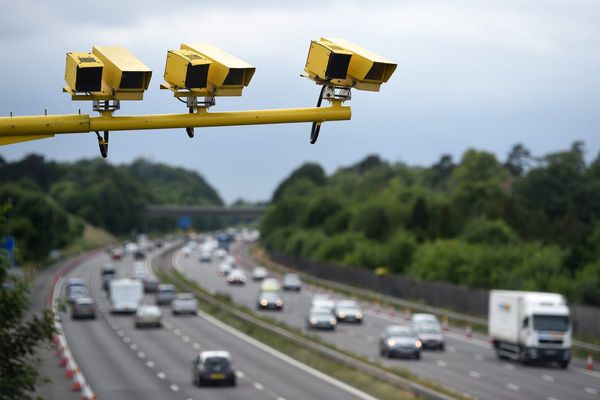
The unravelling of democracy brings profound philosophical questions. Are there some differences that can’t be resolved at the ballot box? How can citizens be de-radicalised? What crimes are unforgiveable, and what should a country in search of unity let slide?
This last question has been rattling around my brain ever since Stephen Ayres, who pleaded guilty last month to disorderly conduct in connection with the assault on the United States Capitol, stopped on his way out of the January 6 hearing to offer hugs and apologies to four of the police officers injured during the attack.
Did the cops forgive him? Officer Harry Dunn, who tried to engage the rioters in a discussion but instead received a stream of racial epithets, did not. As Dunn made clear on Twitter and in post-hearing TV interviews, while he “acknowledged” the apology, accepting it would take some time. “Good for him for apologising. But … he owed an apology to the entire world, to the entire American democracy, to the American people … and he needs to be held accountable.”
Former officer Michael Fanone agreed. “It doesn’t do shit for me.” But Aquilino Gonell, who’d only recently learned his multiple injuries meant he had to retire from the force, said he accepted the sentiment from Ayres, though it didn’t amount to much. “He still has to answer for what he did legally. And to his God,” the former sergeant added.
Only Daniel Hodges accepted the apology. “You have to believe that there are people out there who can change.”
Who is right? In fact, Ayres has pleaded guilty and accepted the consequences for his crimes. As for apologising to American democracy and the American people, if telling the truth and expressing regret for his conduct in a commission hearing watched by millions of Americans doesn’t qualify, I’m not sure what does.
But the facts don’t matter when what’s at issue are relationships. Though it’s rarely recognised as such, the January 6 process is serving as a truth and reconciliation process for what’s become the Disunited States of America — or rather the Southern States seceding from the Union (an option that gained popularity after the Capitol attack) or the country descending into civil war as some of the paramilitary groups leading the assault hoped to instigate. Thus one of the committee’s many aims is to reconcile US citizens with each other enough for them to face the future together.
To succeed, it must achieve two things. Firstly, those who advocated or sought to resolve their differences with violence must lay down their arms and publicly recommit themselves to the most basic tenet of democracy: disagreements must be resolved at the ballot box. In other words, absolutely no violence is allowed.
Secondly — and in a direct rebuke to those like Rupert Murdoch and Vladimir Putin who have purposefully stirred chaos by spreading misinformation and undermining experts — the facts about the 2020 election must be established and accepted by all those who believed the lies and acted on them. Just like Stephen Ayres did, the duped must recognise and admit the error of their ways.
That’s just for starters, as the varied responses to Ayres’ impromptu apology demonstrate. Because what’s needed for some people, as with all national reconciliation processes, is time. Time for injuries to heal and memories to fade. Time to see if the actions of those who betrayed the country’s shared ideals, and their fellow citizens, matches their words. Time for those who got hurt the worst to build enough trust that they are willing to drop their grudges and let their guard down enough to agree to move forward again.







